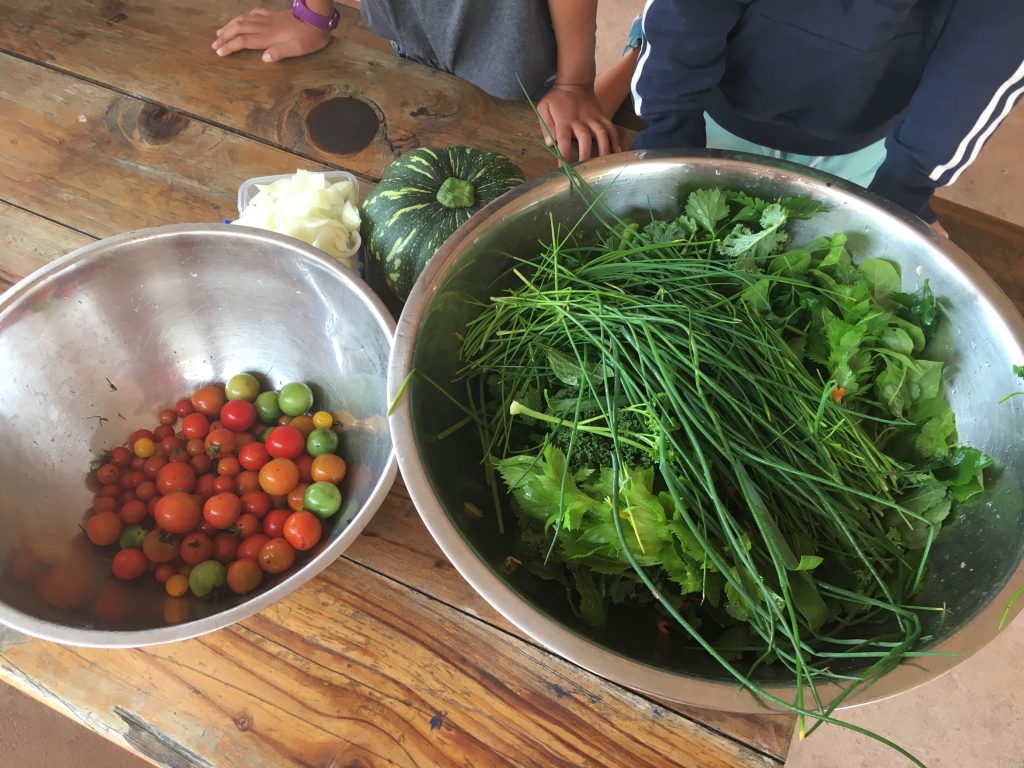By Rachael Driessen
School Psychologist
World Mental Health Day takes place in October and is a good opportunity to consider how we care for the mental health of ourselves and our children year round. It is common for me to see mental health deteriorate over the winter months as people often decrease the focus on healthy lifestyle which has a direct impact on mood. For both adults and children, it is important to consider the ways in which our lifestyle choices as well as how we think and behave impacts on how we feel. Thinking from a Biopsychosocial framework can be helpful in ensuring aspects from all areas are in reasonable balance which is a great step toward looking after your mental health.
Biological

Considering our lifestyle choices is an important element to caring for our mental health and I often refer to this as having a good biological baseline. The biological baseline includes eating nutritious food, prioritising sleeping and exercise are ways in which we can create a good foundation for feeling the best we can. Being realistic and thoughtful about balance is important in establishing habits which are sustainable. When discussing eating, sleeping and exercise, it is worthwhile framing these in terms of their impact on mood. Ensuring activity is a regular part of your own life can assist with children adopting this into their weekly routine. Physical activity can also be a great way to spend time with your child and create a space for communication and assisting with problem solving.
Practicing techniques which assist with managing difficult moments is necessary to ensure skills are remembered in times of need. Finding a slow-breathing technique which suits your child (and yourself), teaching muscle relaxation and utilising mindful moments are a great addition to daily life and will ensure these are learned when the child is relaxed and able to absorb new information. At times of stress or anxiety there is a greater chance that your child will be able to enact a strategy with prompting, or in a self-directed manner. Yoga, Pilates and meditation may also be welcomed by your child and teaches great skills for dealing with challenging emotions.
Psychological
There are many strategies for managing unhelpful thoughts and behaviours. These include cognitive disputing, thought passing, mindfulness, solution focused strategies, and behavioural exposure. Having some psychological strategies is extremely important, and for children these can be simply framed as talking to themselves as they would a friend, turning on their powerful thoughts and moving toward instead of away from the things which challenge us.

Being aware of the message children understand around hardship is worthwhile. I often notice children will repeat statements which they have heard their parents say in times of uncertainty and speaking out loud the thoughts which assist you is a great way that you can positively influence children’s self-talk. Encouraging children to problem solve social difficulties and commending moments where they have worked through something challenging (even when it is with the guidance of an adult) serves to teach a capacity to roll with the difficult moments in life and keep moving forward. It is the manner in which we get through difficulties which effects our mindset around the challenges life can create at times. Having a saying such as ‘fall down seven times, get up eight’ (wish it was my saying but it’s from a Japanese proverb), can help to centre the family on attitudes around our own perspective and choices when we are in a hard time. This can assist children when they are struggling to decide how to perceive and behave in a situation.
Modes of expression are great for working through thoughts and feelings. This may include drawing, making, journaling, running, colouring, the list goes on. Really, it’s about finding things that your child enjoys doing and using this in a way to help manage in times of difficulty. It can help to discuss this with your child and write or draw out some of the things that they could do when feeling worried, sad or angry. Play can also be a great way to see what is on your child’s mind and help them express and work through solutions.
Social

Having good connections with adults and peers is important for social development and mental health. It is also valuable to help children understand how to manage social interactions which are less positive for them. This can include discussions around perspective taking, forgiveness, assertiveness and values. Understanding that throughout our lives there will be some social interactions which we will find challenging and discussing ways of managing these is an important life skill.
The notion of separating the person from the behaviour can be a good concept for children to understand. This involves reinforcing that there is something to like in the person, while you may not like a particular behaviour. Avoiding labelling the person but rather discussing the behaviour assists with this distinction. Building an understanding of this around others, helps to build an understanding of this for self and can help develop children’s own sense of unconditional positive regard. Viewing self and others from this perspective allows individuals to make social mistakes, apologise and retain their self-worth.
There are great resources online at reputable sites such as:


